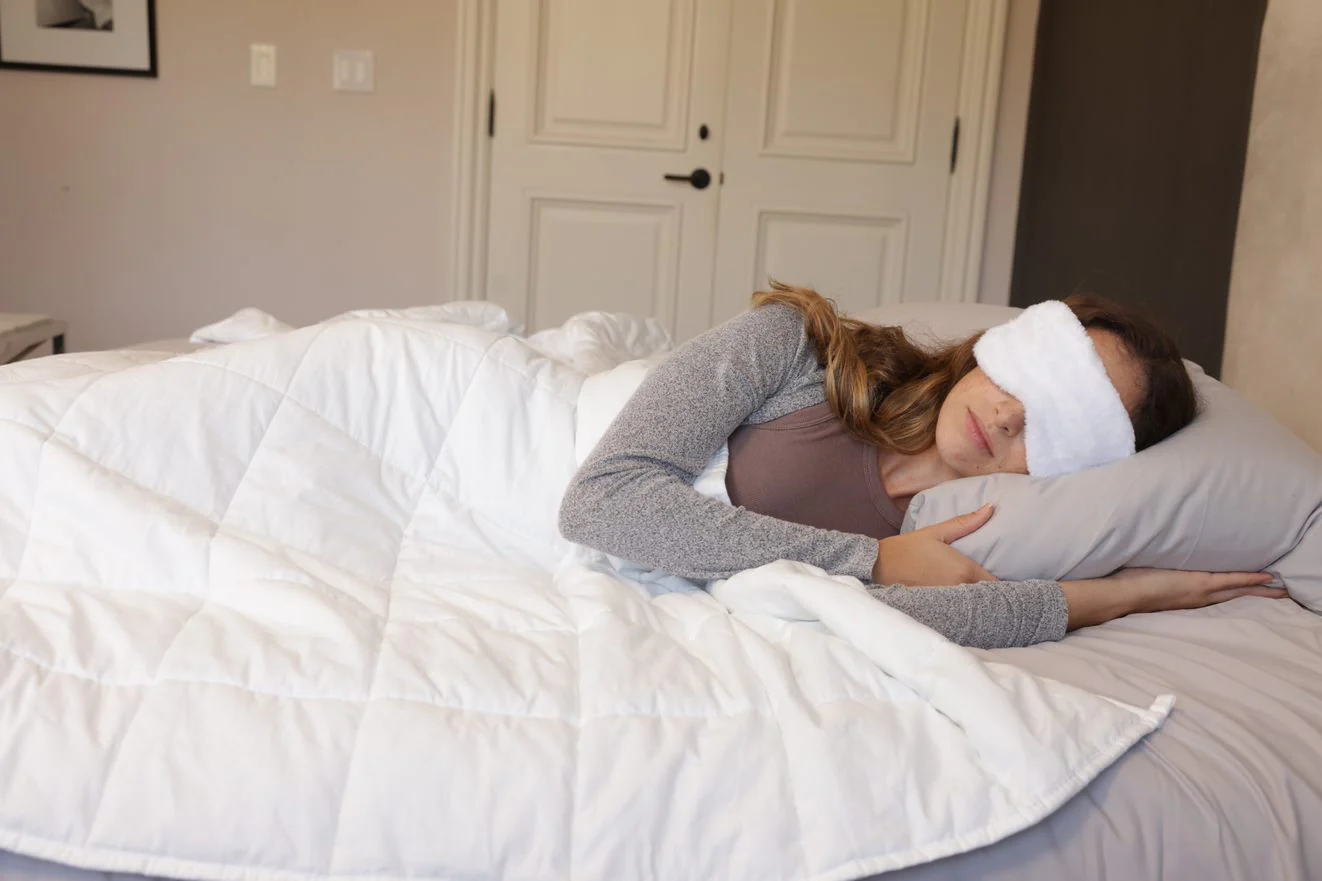Have you ever lain in bed, staring at the ceiling, wondering why sleep seems so far away? We all know that feeling! Getting a good night’s sleep is essential for feeling happy and healthy. In this guide, we’ll explore some super easy ways to help you fall asleep fast. So, let’s dive in and discover how to drift off into dreamland in no time!
The Importance of Sleep
Sleep is not just a time for our bodies to rest; it’s when our brains do a lot of important work. During sleep, our bodies repair themselves, and our minds process the day’s events. Good sleep helps us think clearly, feel better, and stay healthy. When we don’t get enough sleep, we can feel grumpy, tired, and even sick. That’s why learning how to fall asleep fast is so important!
Create a Cozy Sleep Environment
1. Find Your Perfect Spot
To fall asleep fast, you need to start with a comfy sleep space. Make sure your bed is cozy with a soft mattress and fluffy pillows. Keep your room dark, quiet, and a bit cool. The temperature should be just right—not too hot and not too cold. You can even use blackout curtains to block out any light and earplugs or white noise machines to help drown out any noise.
2. Use Relaxing Scents
Aromatherapy can help make your room smell nice and help you feel sleepy. Scents like lavender and chamomile are super relaxing. You can use essential oils, scented candles, or even potpourri. Just remember to blow out candles before you go to sleep!
Establish a Bedtime Routine
3. Set a Sleep Schedule
Going to bed and waking up at the same time every day can help your body know when it’s time to sleep. Try to stick to your schedule, even on weekends. This helps your internal clock, making it easier to fall asleep fast.
4. Wind Down Before Bed
Before you jump into bed, take some time to relax. You can read a book, listen to calming music, or take a warm bath. Doing something soothing will help signal to your body that it’s time to sleep.
Watch What You Eat and Drink
5. Avoid Heavy Meals
What you eat can affect how you sleep. Try to avoid heavy or spicy meals close to bedtime. If you’re hungry, a light snack like a banana or yogurt can be just right. This will help prevent any tummy troubles while you try to fall asleep.
6. Skip Caffeine and Sugar
Caffeine and sugary snacks can keep you awake when you really want to sleep. It’s best to avoid coffee, tea, soda, and chocolate in the afternoon and evening. Instead, drink water or herbal tea. This will keep you hydrated without making it hard to fall asleep.
Limit Screen Time
7. Turn Off Electronics
Screens can be super fun, but they can also keep you awake. The blue light from phones, tablets, and TVs can trick your brain into thinking it’s still daytime. Try to turn off all your screens at least an hour before bedtime. Instead, you can read a book or listen to a podcast to help you relax.
8. Use Night Mode
If you absolutely need to use your devices before bed, consider turning on the night mode feature. This reduces the blue light and makes it easier for your eyes to relax.
Relax Your Mind
9. Practice Deep Breathing
Feeling stressed can make it hard to fall asleep. Deep breathing is a great way to calm your mind and body. Take a slow breath in through your nose, hold it for a moment, and then breathe out through your mouth. Repeat this several times. You’ll feel much more relaxed!
10. Try Meditation
Meditation can help quiet your busy mind. You can find simple guided meditations online or use apps designed for sleep. Even just sitting quietly and focusing on your breathing can help clear your head and make it easier to fall asleep.
Exercise Regularly
11. Get Moving During the Day
Regular exercise can help you sleep better at night. Try to get at least 30 minutes of physical activity each day. It could be playing outside, riding your bike, or even dancing to your favorite music! Just make sure not to exercise too close to bedtime, as it can energize you and make it hard to sleep.
12. Stretch Before Bed
Gentle stretches can help relax your body and prepare you for sleep. Try some easy stretches, like reaching for your toes or gently twisting your body. This will help release any tension you might be holding onto.
Use Sleep Aids Wisely
13. Herbal Remedies
Some people find that herbal supplements, like valerian root or melatonin, can help them sleep. However, it’s always best to talk to a doctor before trying anything new. They can help you decide what might be right for you.
14. Consider a Sleep Mask
If your room isn’t as dark as you’d like, a sleep mask can help block out any extra light. This can be especially useful if you have streetlights outside or if someone in your house stays up late.
Know When to Seek Help
15. Listen to Your Body
If you try all these tips and still can’t fall asleep fast, it might be time to talk to a doctor. There could be an underlying issue affecting your sleep, and they can help you figure it out. Don’t hesitate to ask for help!
16. Don’t Stress About It
Sometimes, worrying about not being able to sleep can keep you awake. If you find yourself tossing and turning, get out of bed and do something relaxing until you feel sleepy again. This can help you avoid the frustration of trying too hard to fall asleep.
Conclusion
Falling asleep fast doesn’t have to be a mystery. By creating a cozy sleep environment, establishing a bedtime routine, and taking care of your body, you can drift off to dreamland in no time. Remember, it’s all about finding what works best for you. So, try out these tips and discover your own path to peaceful slumber!













